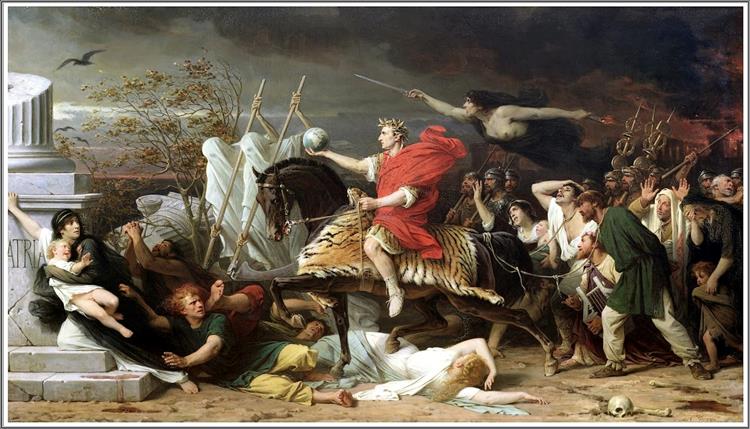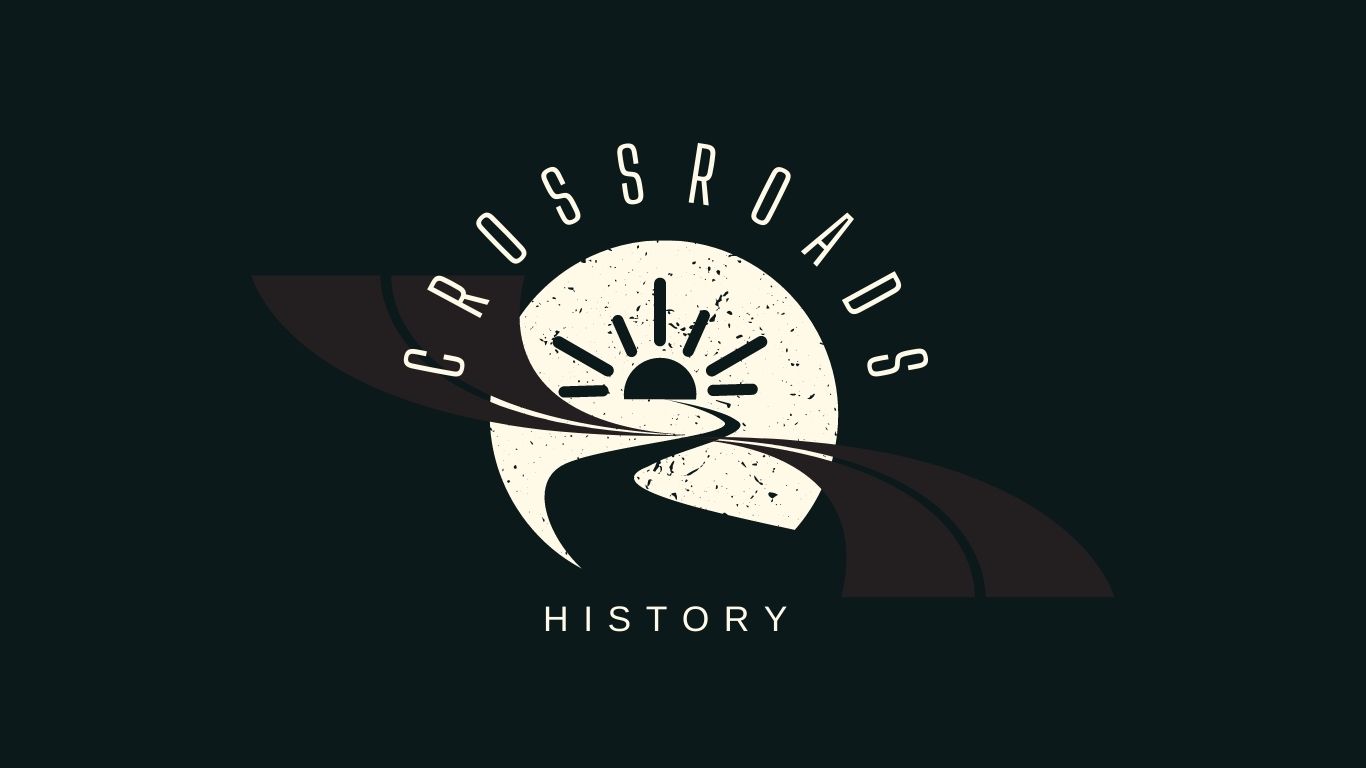The King is Only Ruled By Weakness

Painting of Ceasar crossing the Rubicon by Adolphe Yvon. 1875.
By Cale Gressman
One of the brutal lessons of history is that laws don’t matter. Whether institutional or religious. They only matter insofar as people choose to abide by them and when they are enforced.
In 1215, at a little place called Runnymede just outside of London, King John the worst, I mean first, was forced to sign the Magna Carta (Great Charter). King John had been beaten in the first round of the Baron’s War. The Charter would purportedly guarantee the rights of the baronial class from things like the seizure of property without due cause. King John (and really the barons as well) would immediately renege on the deal. The Magna Carta, lionized today, had no marked value. It was just a scrap of paper.
A millennia prior the Roman Republic would face a crisis that would spell its end. As Lincoln would declare, the Republic would not be conquered without but within. Julius Caesar, a rather brilliant general and an even better politician, would take his Roman Legions and cross the Rubicon, the River that is. Per Roman law, no Roman Legion was allowed to cross this river. This had the effect of making Rome a sort of demilitarized zone. No one wanted some ambitious general to have troops near Rome. Especially for the fact that since the end of the Second Punic War and the subsequent Marian Military Reforms, Roman Legions had become composed of lifelong recruits (20 years but combine that with a short life expectancy), not loyal yeoman farmer citizens as in centuries past, who were more loyal oftentimes to their commanders than to the Republic.
So when Caesar crossed the Rubicon River in 49 BC this was a sheer and blatant violation of the law. Worse yet he would enter the area of old Rome, where weapons were not allowed period (I suppose a lesson exists here about weapons free zones). Caesar would through sheer force and demagoguery have himself become effectively the first Roman Emperor, all by subsuming Roman law. Worse yet, his adopted heir Augustus Caesar would still play pretend with Roman law, still trying to maintain the farce of Roman Republicanism. The Roman Senate would exist for centuries but was really a bunch of patricians playing pretend, at Rome’s expense literally and figuratively.
In our country too we have a long history of our leaders subsuming the law. There were minor but ultimately beneficial instances such as Thomas Jefferson’s purchase of Louisiana from a broke Napoleon. Nowhere in the Constitution did it give President Jefferson to unilaterally fork over the funds to do this. But no one complains too much.
A later case under President Andrew Jackson proved a much more problematic instance. East of the Mississippi River was what was colloquially known as the “five civilized tribes” the Cherokee, Choctaw, Chickasaw, Creek, and Seminole nations. They had adopted agriculture, developed a writing system, and largely adopted Christianity. But next door to them was the ever-land-hungry United States. Specifically a growing Georgia. Settlers were eager, for understandable reasons, to move into the seemingly endless interior of North America. But these tribes were rather inconveniently living in the way.
In an effort to legalize this, the U.S Congress passed the Indian Removal Act (1830) by a narrow margin. With this, Andrew Jackson, ever carrying the torch of Indian fighter and Democrat populist, ordered the removal of these tribes. The problem here was the fact that the United States had treaties with these tribes guaranteeing the tribes their land. The Supreme Court under Justice John Marshall quickly found the actions of Jackson illegal. Jackson responded, “Mr. Marshall has made his decision. Now let him enforce it!” So with no Supreme Court army incoming, and Congress not inclined to stop the proceedings, the five civilized tribes were forced west in what has become known as the Trail of Tears. (What is not shown are the black slaves these tribes brought with them, we are all victims and oppressors both).
This will be a part one of two. It should be noted, that isn’t written to dump on any particular group or nation. Humans are humans. We are more similar to the cavemen than not. Meaning all of the crimes and triumphs of humanity are shared throughout all of humanity. We are all victims and oppressors. Humans can be good, but the temptation to do bad is often the most attractive.

Comments
Post a Comment